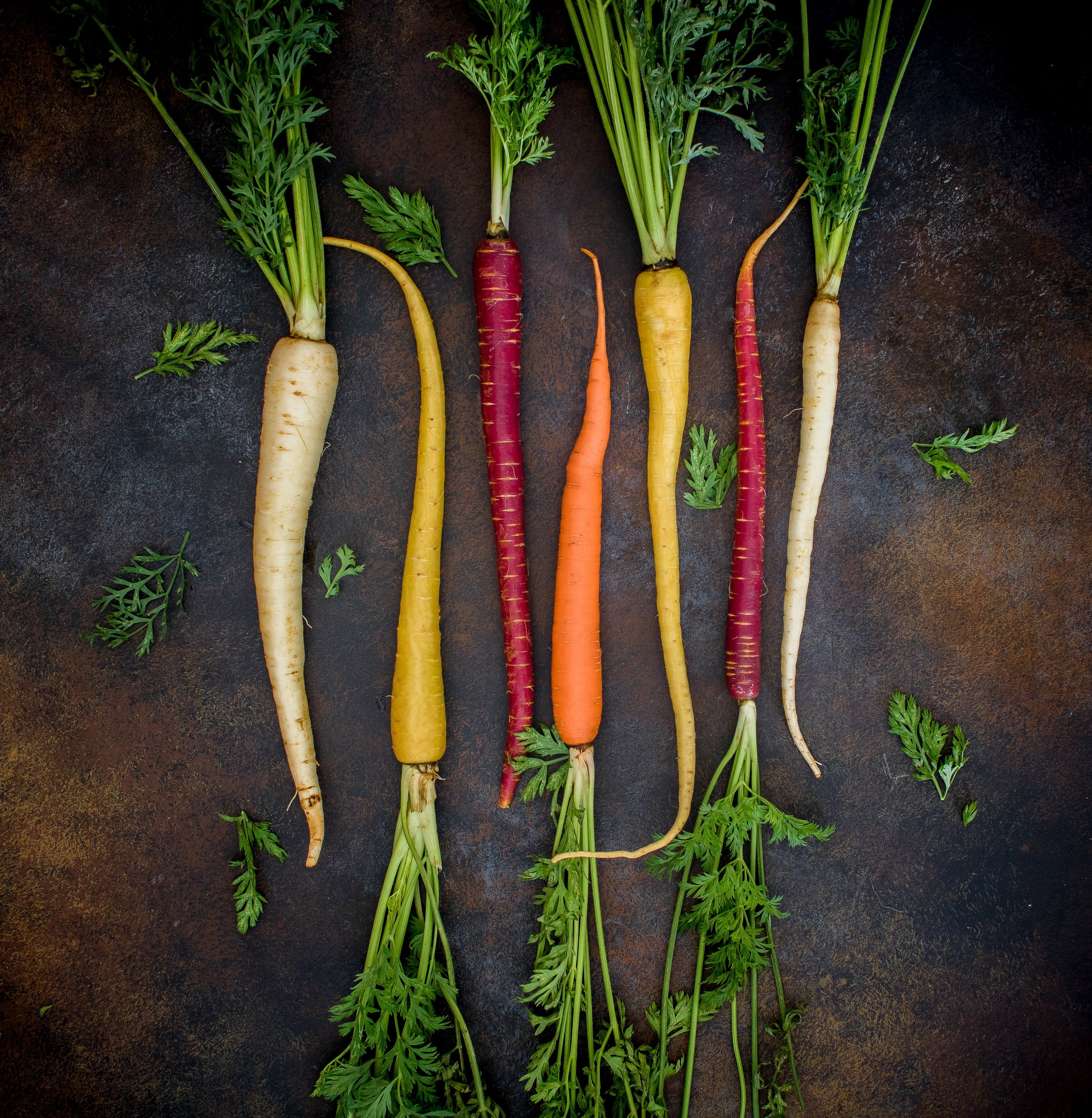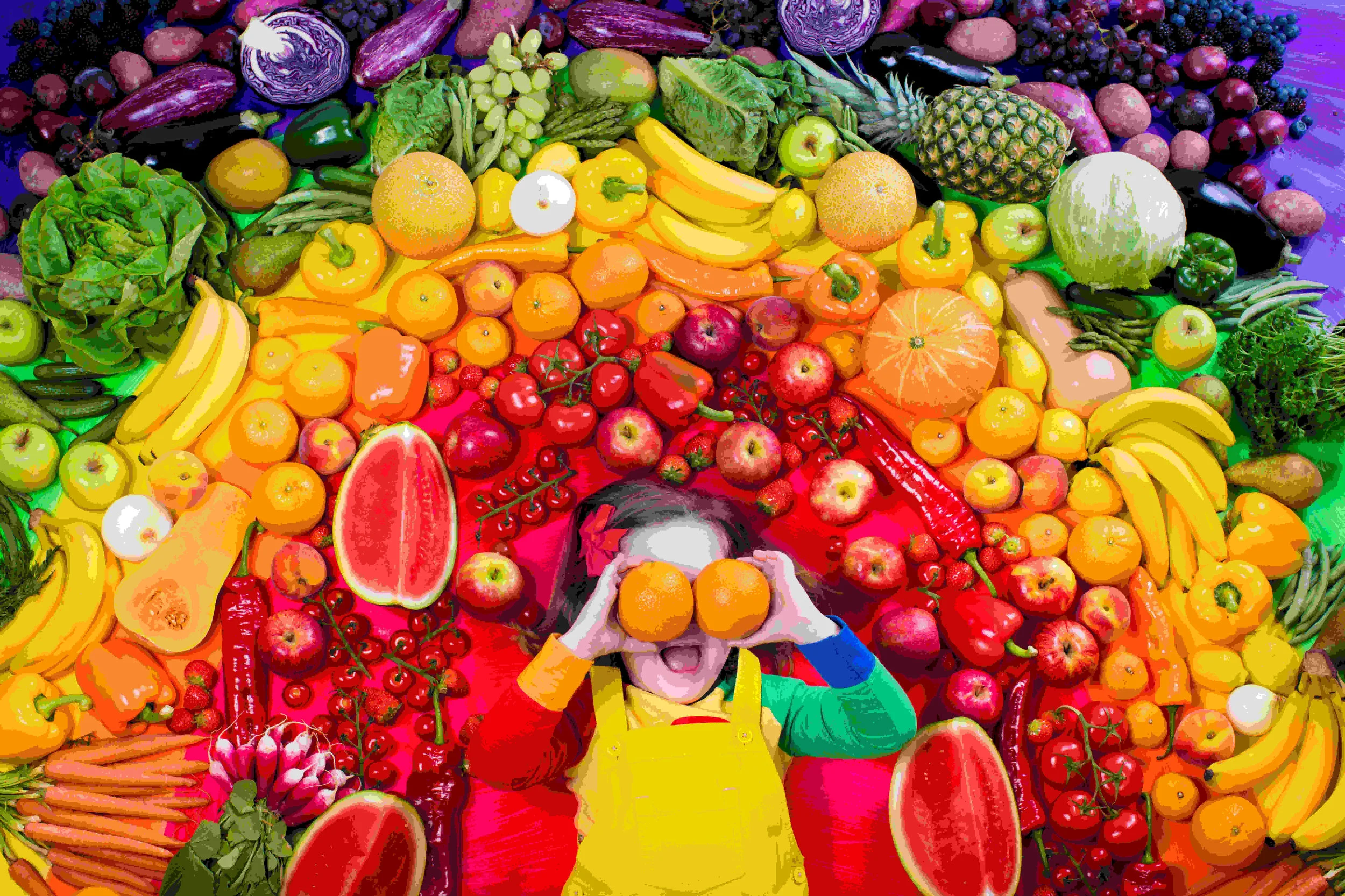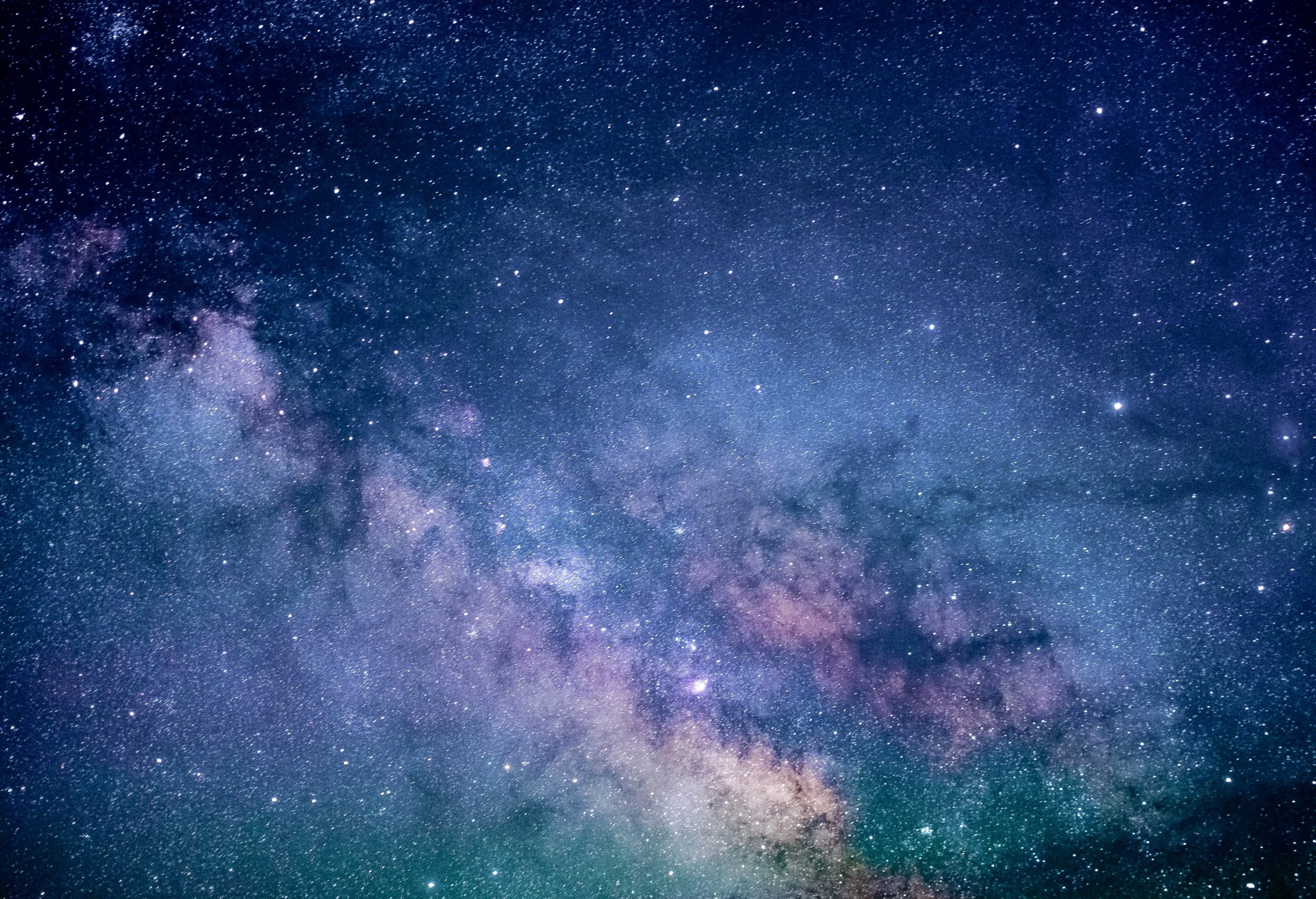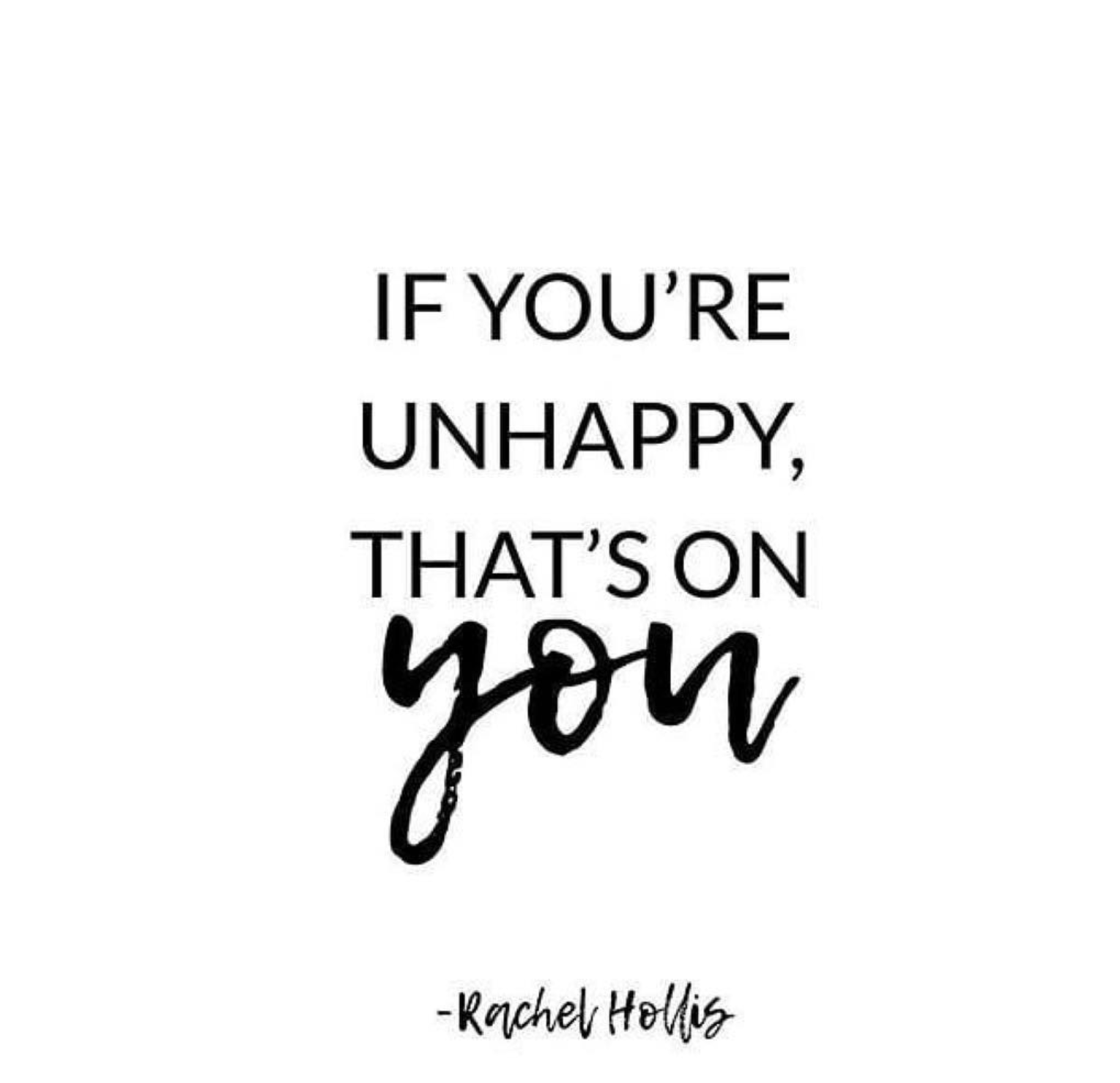Surviving without vegetables
Surviving without vegetables
While it took decades for the concept of vitamins and deficiency to gain widespread acceptance, according to The Vitamin Complex, we’ve since become convinced that the more vitamins we can get, the better. ‘Today, we’re such believers in vitamins’ inherent goodness that we don’t realise just how much scientists still don’t understand about how vitamins work in our bodies, or how much of each we each require,’ says Catherine Price, author of The Vitamin Complex. ‘One assumption about vitamins is definitely true: we do indeed require them. The thirteen dietary chemicals that we call vitamins affect each one of us every minute of every day. Deficiencies in these chemical compounds have killed and continue to kill millions of people around the world.’
Fruits and vegetables contain some of the most vital nutrients for health but a study from John Hopkins University showed that only 11 percent of adults ate the USDA-recommended three servings of vegetables and two servings of fruit a day. Many people simply choose not to eat vegetables and are putting themselves at risk of vitamin deficiency but plenty of people in third world countries or during long stretches of military deployment find themselves without access to fresh fruit or vegetables.
Then there are populations around the world that exclusively live off fish and other sea creatures, with minimal fruit, animal products or carbohydrates—so why don’t Inuits suffer vitamin deficiencies? How can the Masai keep running on a diet of just milk, meat and blood?
The human body is far too resilient to drop dead just because you spend a week or two on an entirely beige diet, and even if you never touch the green stuff, you’re still not going to die. Evolution only cares about getting you to baby-making age and successfully passing on your genes: a diet rich in fat, salt and sugars will keep you alive to this point, while a healthy diet full of vegetables will get you through to old age, which evolution doesn’t particularly care about.
Vitamin and mineral deficiencies may well plague you—a lack of iron can trigger hair loss, and a vitamin B deficiency can give you try skin and those little cracks in the corner of your mouth—but even with a truly shocking diet, you’d be hard pressed to die of a lack of vitamins or minerals directly.
There’s no denying that prolonged deficiency of certain vitamins can lead to illness and disease but you’re far more likely to die from complications from diabetes or obesity or other metabolic diseases than scurvy, beriberi or pellagra.
This is because we get our vitamins and minerals from all sorts of other places.
Catherine Price says: ‘The fact that we don’t generally suffer from severe nutritional deficiencies is due to a subtle form of intervention: although no micronutrient enrichment or fortification is currently mandatory, several products have been vitamin-enhanced for so long that we don’t even recognise them as such. Bread is often made from flour that’s been voluntarily enriched and fortified with thiamine, niacin, riboflavin and iron. Most milk has been fortified with vitamin D for such a long time that it’s become a major dietary source without most of us realising it’s an artificial addition.’
Consume processed foods and you’ll be getting many of the vitamins you need without even knowing it. ‘We don’t notice the ways that food marketers and dietary supplement makers use synthetic vitamins to add a veneer of health to otherwise unhealthy products; nor do we acknowledge the extent to which we use vitamins and other vitamin-inspired nutrients to give ourselves a free pass to overeat foods of all kinds.’
Hello heavily processed carbs; hello obesity. But bye-bye deficiency. It’s mind-boggling.
Moving on, if you’re eating plenty of protein and other animal products such as cheese and milk, you’re getting the essential nutrients those animals consumed before they became dinner. Liver provides all essential vitamins and minerals in large quantities—eat a polar bear liver and die from too much vitamin A—eggs offer everything but vitamin C, and plain muscle gives everything but in a smaller dose. Plants don’t grow in the snow so Inuits eat caribou, seal and fish and derive their nutrients from the upward flow of the food chain. The Masai and Mongolians live in arid conditions where plants also struggle and get everything they need from the blood and milk of the animals they raise. In short, the animals do the vitamin consuming and producing for them.
‘Many animals can make vitamins and therefore don’t need to get them from an external source. The other vitamins in animal products come either from vitamins that naturally occur in the foods the animals consume or from synthetic vitamins added to their feed.’
Humans are made of bones, organs and muscle tissue: consuming animal bones, organs and muscles provides all the building blocks we need. The important thing is diversity: if all you eat is white rice, you won’t be getting any of the nutrients your body needs except carbohydrates. If you only eat lean meat (of any kind), you’ll suffer without the fat needed to help your body process the protein. Sure, you may be able to live on just liver for the rest of your life, but animal products and processed products containing essential nutrients is not a free pass to avoid vegetables if you have access to them.
You will certainly survive without vegetables, but once you up your intake, you’ll realise how lethargic and susceptible to colds you were; how long it took for little cuts and bruises to heal; how thin or limp your hair was; how sluggish your digestive system was; and how much better you feel with plant-derived vitamins coursing through your body.
The fact is, there’s a difference between surviving and thriving.













Why doesn’t the human body crave the nutrients in fruits and vegetables, preferring instead to demand sugar and fat in unhealthy quantities?